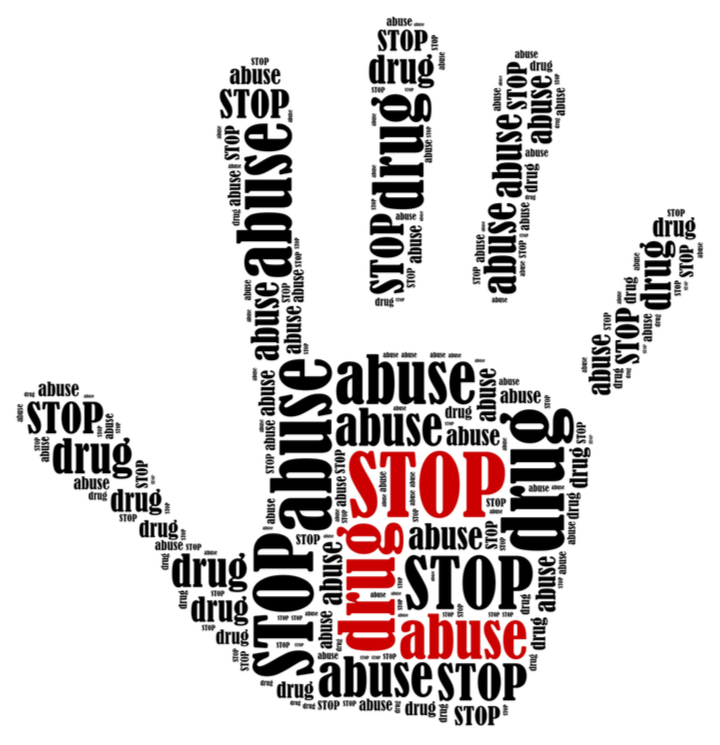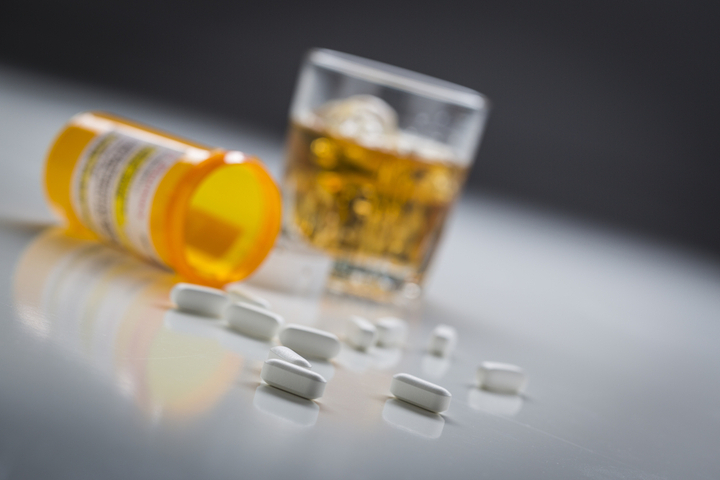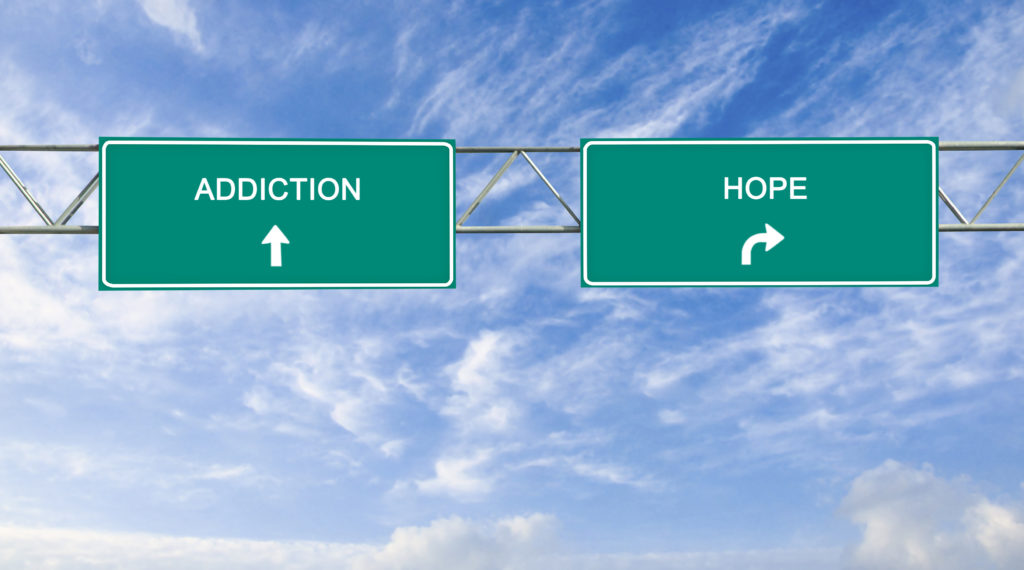5 Five Ways of Preventing Drug Abuse From Happening
Table of Contents
- 5 Five Ways of Preventing Drug Abuse From Happening
- The Most Common Substance Abuse Risk Factors
- Can You Get Addicted to Prescription Drugs?
- Commonly Abused Prescription Drugs Include
- What are the Common Causes of Drug Abuse?
- What are the Top Ways to Prevent Drug Abuse?
- Here are 5 Proven Ways to Prevent Drug Abuse
- Prevent Drug Abuse and Get Support for Recovery Today
- Medically Reviewed By
How To Prevent Drug Abuse? Drug addiction in the United States is a grievous battle Americans have been fighting for years. Since the 1990s, overdose deaths have more than tripled as accessibility to illicit drugs has increased. Substance and teen drug abuse, in America is a growing epidemic and one that’s spurred by the persisting opioid crisis.
All around us, there seem to be unlimited ways for one to get their hands on an illegal substance but limited means to get help and treatment. In fact, there are over 21 million people in the United States who are struggling with at least one addiction, and yet only 10% actually have access to the resources they need to seek treatment.
Until there’s a clear path to more addiction treatment resources, we, as a society, need better methods, and this is where our five ways of preventing drug abuse can help stop the spread of illicit drug use.
However, before we reflect on better methods of drug abuse prevention it’s important to have a comprehensive understanding of what triggers these dangerous habits in the first place!

The Most Common Substance Abuse Risk Factors
With each passing year, more and more Americans are impacted by the terrible consequences of substance abuse, as this powerful affliction has the capability to destroy marriages, friendships, and careers. Not to mention the physical tolls for those who abuse drugs, and the damage it causes to a person’s overall health and well-being.
With such severe repercussions, what makes individuals risk everything they have to score their next high?
It’s important to note that drugs and alcohol affect each user differently, as more people are susceptible to its symptoms than others. Some people might try a drug for the first time and immediately become physically and emotionally addicted, while others don’t.
This may seem random, but it’s actually not — there are many factors that can determine a person’s predisposition to substance abuse. A few examples of these risk factors are:
- Genetics and Family History: A person’s genetics and family history can shine a light on any diseases and health concerns they may be predisposed to. The same biological concept can be applied to addiction, as well. If an individual’s family member has a history of substance abuse, their susceptibility to substance abuse increases.
In fact, it’s estimated that genetics account for 40 to 60 percent of an individual’s vulnerability to substance abuse according to the National Institute on Drug Abuse (NIDA). Environmental factors play a large part in this, too. While you can’t control biology, you can control the environment you create for your family. Even if addiction runs in the family, you can create a healthy, safe, and drug-free environment that will help reduce other potential risk factors.

- Mental and Physical Health: Unfortunately, mental health and addiction go hand-in-hand, and both these afflictions fuel each other. Many individuals who are struggling with untreated mental illness are more likely to use drugs as a means of self-medicating. However, what they don’t realize is that substance abuse only makes matters worse, as drugs and alcohol can intensify symptoms. On the other hand, substance abuse can be a sign of an underlying mental health problem that has yet to be diagnosed. Although neither condition causes the other, they do exist together and dangerously so.
- Social Exposure: One’s social exposure plays a large role in their overall behaviors toward drugs and alcohol. This is especially the case for pre-teens, teenagers, and young adults since peer pressure are at an all-time high during these years. Many teens will start to experiment with drugs because their friends are, and they feel they won’t look ‘cool’ if they don’t follow suit. However, this is not limited to just teens, as adults can suffer the same pressures from their friends and coworkers.
- Existing Trauma: Whether suffered in early childhood years or later as an adult, trauma can play a significant role in one’s susceptibility to substance abuse. If their trauma is unresolved, many will turn to drugs to subdue the intrusive thoughts and painful memories. Sexual assault, abuse, domestic violence, accidents, etc., are common examples of traumatic experiences that can lead to addiction if not properly treated or addressed with the right psychological tools.
It’s important to note that even though these risk factors can determine one’s predisposition to addiction, it doesn’t necessarily mean that one will, with certainty, become an addict. These are simply factors that can increase their risk of becoming an addict if they choose to experiment with drugs and alcohol.
Can You Get Addicted to Prescription Drugs?
Recreational drugs are not the only substances people can get addicted to. Much of the opioid crisis that we are in is due to the misuse of prescription medication. Unfortunately, prescription drug abuse is not limited to any age group, as teens and adults alike struggle with this terribly common disease.
It’s estimated that in 2019, more than 18 million people ages 12 and older used prescription drugs for nonmedical reasons — this averages to over 6% of the population throughout the United States. For teens and young adults, addiction to prescription medication often starts by taking a friend’s prescription to help them concentrate more on their school work or treat minor body aches.
For adults, prescription drug abuse refers, in most cases, to the tolerance and dependence on a substance and usually derives from years of chronic pain, stress, self-medication, or an injury/surgery that never healed correctly.

Commonly Abused Prescription Drugs Include
- Anti-anxiety/sedatives/Benzodiazepines (Xanax, Valium, Klonopin)
- Opioids (OxyContin, Percocet, Vicodin)
- Stimulants (Ritalin, Adderall)
Although prescription medications are meant to abate symptoms of pain, they also cause a variety of symptoms and side effects — just like any other illicit drug. If you believe family members or another loved one may be misusing prescription drugs, you’ll want to keep an eye out for these common signs, and perhaps begin to look at ways to encourage drug abuse prevention as well
- Oversleeping or insomnia
- Poor coordination
- Forging prescriptions
- Heightened depression and anxiety
- Slurred speech
- Making poor decisions
- Mood swings
- Dizziness
- Slow and shallow breathing
- Paranoia
- Weight loss
Using prescription medications alongside alcohol or other illegal drugs can cause serious complications, as this is one of the main reasons why there are so many overdose deaths involving opioids. The mix of prescription abuse, alcohol, and other drugs can lead to vomiting, trouble breathing, seizures, heart problems, coma, and death.
What are the Common Causes of Drug Abuse?
Since there is still a stigma surrounding drug addiction, it’s important to remember that addiction is not a choice. Individuals may make the poor decision of experimenting with drugs, but they do not willingly choose to develop an addiction.
A substance use disorder completely disrupts the brain’s proper functions. As a result, of substance abuse disorder individuals lose their ability to control their use of substances despite the harm it causes to them and their loved ones.
With so many impactful consequences, it’s still very difficult for many to understand why people would risk drug addiction in the first place. However, in order to prevent substance abuse for those you care about, it’s imperative to understand many of the root causes of substance abuse. Here are a few reasons why drug use is so alluring to many individuals:
- It Makes Them Feel Invincible: Many substances produce the same effect of euphoria in users. Oftentimes, this euphoria makes individuals feel good, powerful, confident, at ease, and invincible. This feeling of invincibility is often what people crave the most, and it keeps them coming back for more. However, this euphoric effect can be dangerous and can lead to a number of risky behaviors like gambling, inappropriate sexual encounters, and dangerous adrenaline-inducing acts.
- It Subdues the Feelings of Stress and Sadness: It’s not uncommon for individuals who are struggling with social anxiety, stress, and depression to turn to drugs to alleviate their internal turmoil. Unfortunately, many don’t realize that drugs only make these feelings worse, as you’re training your brain to crave drugs every time you’re facing a difficult or stressful situation. More often than not, this prompts individuals to use drugs continuously and even relapse after treatment.
- It Improves Concentration and Increases Performance: As mentioned before, many individuals turn to drugs because of the effects they have on concentration and performance. Specifically, individuals will turn to stimulants like Adderall and Ritalin. Unfortunately, this is a common occurrence among teens, college students, and athletes, but it can affect adults all the same. Often, college students get into the habit of abusing stimulants in order to help them focus better and stay up later to complete assignments. While these drugs offer short-term benefits, misusing them can lead individuals down the long road of addiction.
In addition to these common factors, individuals also use drugs to:
- Relieve tension
- Get high or feel relaxed
- Escape the pressures of society
- Feel accepted or “cool” by their peers
- Increase alertness
- Reduce appetite
Unfortunately, these factors are all too prevalent in today’s society. When an individual is grappling with more than one of these factors at a time, their chances for addiction only increase.
What are the Top Ways to Prevent Drug Abuse?
Although it seems like there are too many forces involved in continued drug abuse, it’s important to remember that prevention is possible — we just have to fight a little bit harder for it. Raising awareness and sharing knowledge are two of the most critical steps in this process of preventing drug addiction.
And while we can’t rid the world of all the dangerous substances, we can make an effort to teach our children, our family, and our friends about the dangers of illicit drug use.
Here are 5 Proven Ways to Prevent Drug Abuse
1. Establish Constructive Ways to Handle Peer Pressure
One of the biggest reasons teens and young adults begin using drugs is because of the pressures they feel to fit in with their friends or classmates. Unfortunately, it’s only human nature to not want to be left out, and many will turn to unhealthy habits if it means being a part of a group or community. For many, peer pressure is the gateway to the long and challenging road of drug abuse, which is why it’s so important for these teens to establish constructive ways to handle the pressure.
For starters, it’s imperative that teens understand what a true friend is. Real friends will not pressure each other to do things that make the other uncomfortable — like using drugs. It may seem overwhelmingly difficult, but if this is happening to them, it’s time for them to cut ties and find a better friend group that won’t subject them to peer pressure.
It’s also encouraged to teach your teens how to stick up for themselves and not be afraid to say ‘no’ in uncomfortable situations. Teens should always have an excuse prepared ahead of time to keep them from giving in to the temptations and pressures of teen drug use.
2. Find Better Coping Mechanisms
Proper coping skills and mechanisms can be the key to avoiding illicit drug use. This component is especially critical to those who struggle with mental illness or are prone to high levels of stress. In our world today, countless people are overworked, overwhelmed, and fighting their own personal battles. It gets exhausting, and many times, individuals don’t know how to process the onslaught of emotions.
As a result, many turn to drugs to ease their pain and escape from the pressures of society. Although this is a sad and unfortunate reality for many, there are solutions out there that can prevent further drug abuse.
It should be said that there is absolutely nothing wrong with experiencing negative emotions and living with mental illness. But there are constructive ways to cope with these feelings that don’t involve substance abuse as a means of solace. A few examples of effective coping mechanisms include:
- Talking to a professional (i.e., therapy)
- Meditation
- Yoga
- Keeping a journal of your thoughts and feelings
- Exercising
Anything that is positive, relaxing, and moves the mind away from negative thoughts is a good place to start. Try out any of these recommended healthy coping skills or mechanisms and see if it helps you stay away from drug use.

3. Surround Yourself with Positive Influences
The people you surround yourself with play a larger role than you think in your overall well-being. With that being said, it’s important to choose your friends wisely, as associating yourself with the wrong crowd may result in unhealthy behaviors like drug and alcohol abuse.
Adults can be just as controlling and manipulating as teens, and it’s important to ensure that you’re not putting yourself in situations where you feel like you’re being pressured to use drugs.
Sometimes, it’s just as hard to make friends as an adult as it was as a teen, but your own mental health and well-being are far more important than social status. Try your best to surround yourself with people who are positive influences and show you the love and support that you deserve.
4. Always Make Time for Yourself
Self-care is an essential component in maintaining one’s health and well-being. The constant stress from the work-life balance can be exhausting, and many people are quickly on their way to burnout if they don’t regularly take time for themselves. Consequently, many will turn to drug use to help ease their stress or other mental health problems or enable them to keep up with their many duties and responsibilities.
Don’t fall down this dark and dangerous path. Take time for yourself and your mental health needs — your work will be there when you’re ready to come back. Making time for yourself can make all the difference in your well-being, but most importantly, it’ll keep you from feeling like you need drugs or alcohol to calm your mind.
5. Examine the Risk Factors
Earlier, we discussed the common risk factors associated with substance abuse and addiction. Having the right information about the possible risk factors that may affect you can help you make better life decisions. Before you consider experimenting with drugs, think carefully about the following:
- Your family history and genetics
- Your mental health
- Your social environment
- Any present or past traumas
- Physical risk factors like a previous injury or chronic pain
The more you are aware of your biological, physical, and mental health, emotional, and environmental risk factors, the more likely you’ll be to make the right decisions and avoid unnecessary drug experimentation.
Prevent Drug Abuse and Get Support for Recovery Today
Far too often, people will turn to drugs to make up for whatever is missing or not working in their lives, while others are drawn to the curiosity of experimentation. No one chooses addiction, but unfortunately, it’s a grim consequence that follows the misuse of drugs and alcohol.
While there are so many factors that can influence one’s susceptibility to addiction, it’s important to remember that substance abuse is possible to prevent. It all relies on the decisions you make and the life you want to create for yourself. Choose a better life. Choose to stay away from drugs. Develop goals and dreams for your future that will provide you a drug-free life and keep you far from the desire to travel down the dark and dangerous road of substance abuse.
If drug addiction has taken hold of your life or that of someone you love, please know that you are not alone and help is always here. You don’t need to suffer in silence anymore. If you’re ready to make the important transition to sobriety and a healthy life, call the professionals at Find Addiction Rehabs today.
With a nationwide database of rehabilitation centers and detox facilities, we can help you find a reputable treatment center that meets your specific needs.
Call Find Addiction Rehabs now to learn more about our array of addiction treatment resources!
Brandon is a highly skilled content writer and behavioral health marketer with over a decade of experience. In his own words: in my work with Find Addiction Rehabs, I have dedicated my expertise to a cause close to my heart – substance abuse recovery. Through my passion for the field, I’ve successfully compiled a track record of crafting compelling content that educates, inspires, and supports those on their recovery journeys.

